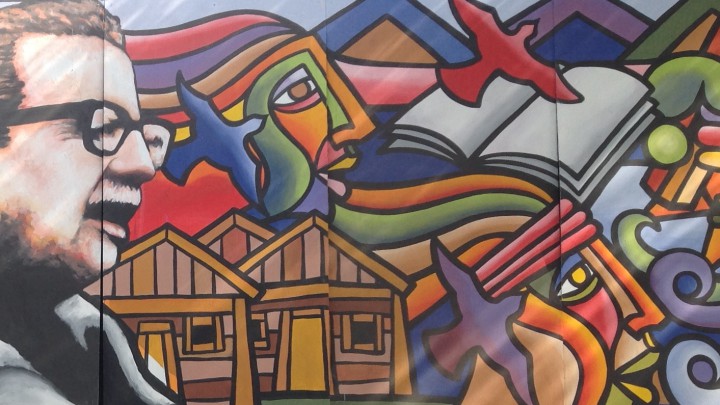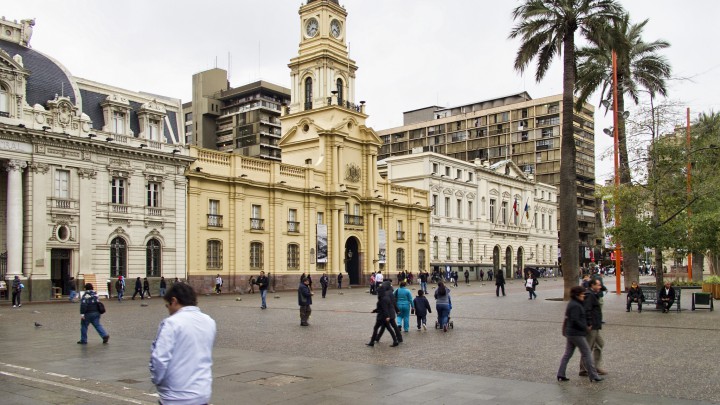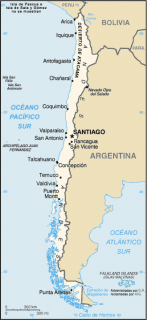Overview
In 1973 a military coup toppled left-wing president, Salvador Allende, and terminated Chile’s ‘socialist experiment’. Given Chile’s established history of democracy, many believed that the rupture would be brief. Instead, the coup ushered in seventeen years of military dictatorship, led by General Augusto Pinochet Ugarte. The months immediately following the coup were the most violent, although human rights abuses persisted throughout the lifetime of the regime, with a total of over 3,000 officially recognised cases of disappearances or extra-judicial killings, 38,000 cases of torture and political imprisonment, and over 100,000 individuals forced into exile. Those lawyers who sought to protect human rights in Chile were instrumental in establishing a paper trail of the dictatorship’s repressive practices and using international legal mechanisms to apply pressure on the military regime.
Lawyers have traditionally featured prominently in Chile’s political history. The military regime was heavily influenced by Chicago-trained economists and international business interests but it was nonetheless strongly legalistic. In 1978 an amnesty law was decreed, covering most crimes committed from the day of the coup, a law that prevailed as a key obstacle to justice for human rights violations well into the transitional period. In 1980 the dictatorship oversaw the first new constitution in Chile since 1925, which remains in place today. In recent years, there has been sustained mobilisation around the call for constitutional reform and the purging of the legacy of the Pinochet era from Chile’s structures of democratic governance.
Social and political unrest helped precipitate a return to elected democracy in 1990. Chile’s transitional trajectory has now extended over more than twenty years. Key moments include the arrest of Pinochet in 1998, the establishment of two successive truth commissions and, with increased momentum in recent years, the reopening of hundreds of criminal and civil cases relating to military-era human rights abuses. Human rights lawyers have played a significant role in campaigning for and implementing these processes. Significant legal and constitutional reforms, and reforms affecting the legal profession, have altered the landscape, yet legacies of the authoritarian period continue to influence society and the work of lawyers in Chile.
Apart from dealing with the past, progressive lawyers in Chile are today engaged across a range of issues including socio-economic and gender inequalities, LGBT rights, and the protection of indigenous communities.
Research Themes
- Legal culture, ‘cause lawyering’, and conceptions of the rule of law during periods of authoritarianism.
- Lawyers and political negotiations.
- Reform of the legal profession post-Pinochet (legacy of legal, legislative and constitutional architecture; influence of military justice on civilian legal system).
- Shifts in human rights discourse.
- The influence of the Inter-American system in Chile and the enforceability of international law before domestic courts.
- Political stalemate concerning domestic amnesty law.
- Phenomenon of ‘late justice’ where cases are brought decades after the crimes have been committed.
- Evolving strategies of ‘cause’ and human rights lawyers.
- Lawyers and jurists in state policy circles and settings (e.g. judicial reforms in the late 1990s, changes in the legal education, criminal justice reform).
- The enduring impact of the Pinochet era Constitution on the rule of law and democracy in Chile.



